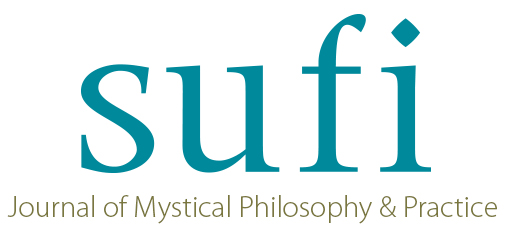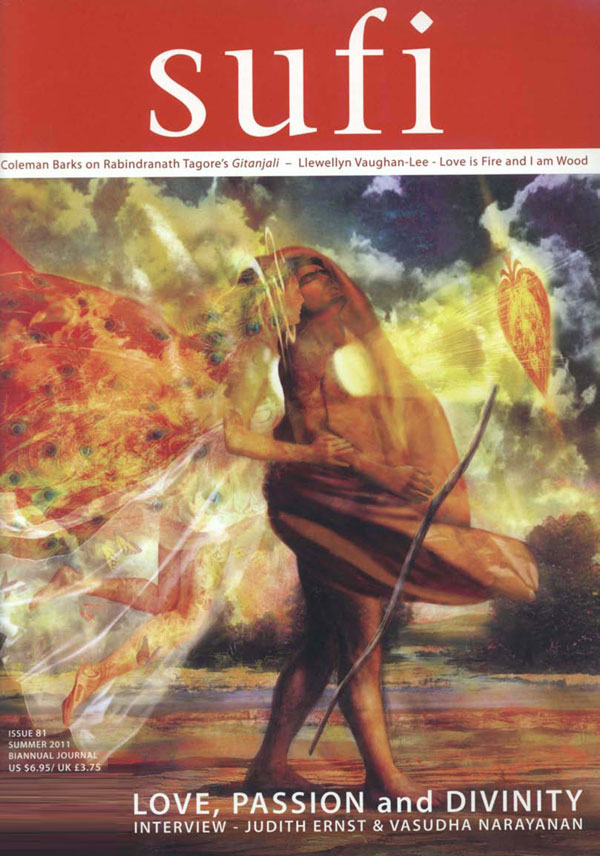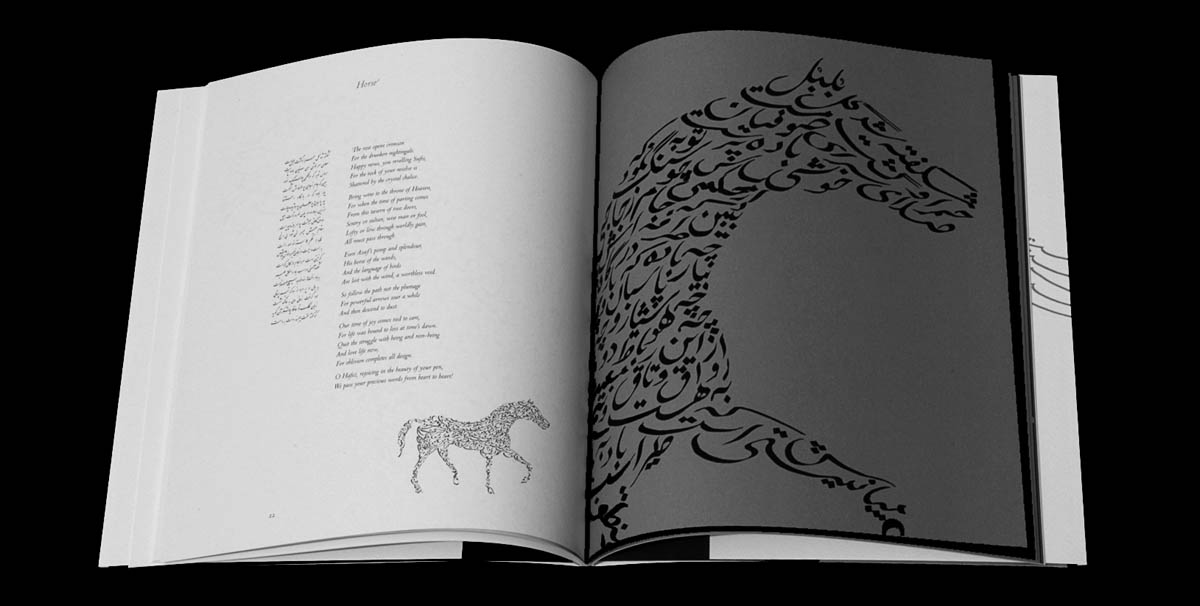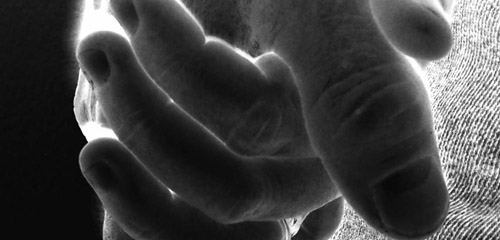 FROM THE EDITORS
FROM THE EDITORS
Issue 82 of SUFI welcomes back renowned poet, Robert Bly ponders the meaning of love in the writings of medieval Christian Mystic Hadewych, reflects on some teaching strategies of Sufi and Buddhist teachers, and explores the significance of Symbols — both traditional and contemporary — in our understanding and experience of Sufism.
DISCOURSE, ARTICLES, NARRATIVES AND INTERVIEWS
FRIENDSHIP Discourse by Alireza Nurbakhsh, Read Entire Discourse>
RIDING THE WAVES OF CHAOS Interview of Tibetan Buddhist Jen Fox by Michele Rousseau
VISIONS OF LOVE Hadewych of Antwerp–Poet, Mystic and Spiritual Guide by Sajidah Abdus Sattar
GUIDES OF LIGHT Teachers of Sufi and Buddhist Traditions by Yousef Daoud
SUFI SYMBOLISM and the Mystic Quest by Lahleh Bakhtiar
HEECH Poems in Three Dimensions: Parviz Tanavoli’s Sculptures of Nothingness by Sholeh Johnston
CULTUREWATCH
TODAY, TOMORROW AND THE DAY AFTER TOMORROW, An Award-winning Piece of Puppet Theatre about Hallaj from an Iranian Theatre Company by Sholeh Johnston
FILM REVIEW Men of Faith: Of Gods and Men/ 2010 by Peter Valentyne
CULTUREWATCH BOOK REVIEWS by David Paquiot and Peter Valentyne
Sufism and The Way of Blame / Hidden Sources of a Sacred Psychology by Yannis Toussulis, PhD
The Rumi Tarot Kit, Text and Tarot Card illustration by Jackson Woodbury
POETRY
There is No One Other Than God by Dr. Javad Nurbakhsh
Dissolved by Roger Loff
The Secret of the Beloved by Shah Nimatullah/Translation by Alireza Nurbakhsh
I Sang to the Wind by Jennifer Lively
Plan for a Year by Robert Bly
Fish in the Sundays River by Jeni Couzyn
Be Still My Hands by Patricia Sweeney
Conjurer by Roger Loff
FEATURED POET
ROGER LOFF Poet
FEATURED ARTIST
ELENA RAY Photographer – Artist (antaratma.photoshelter.com)
(Cover Photo by Elena Ray)
Print and digital subscriptions available. Buy SUFI now.



